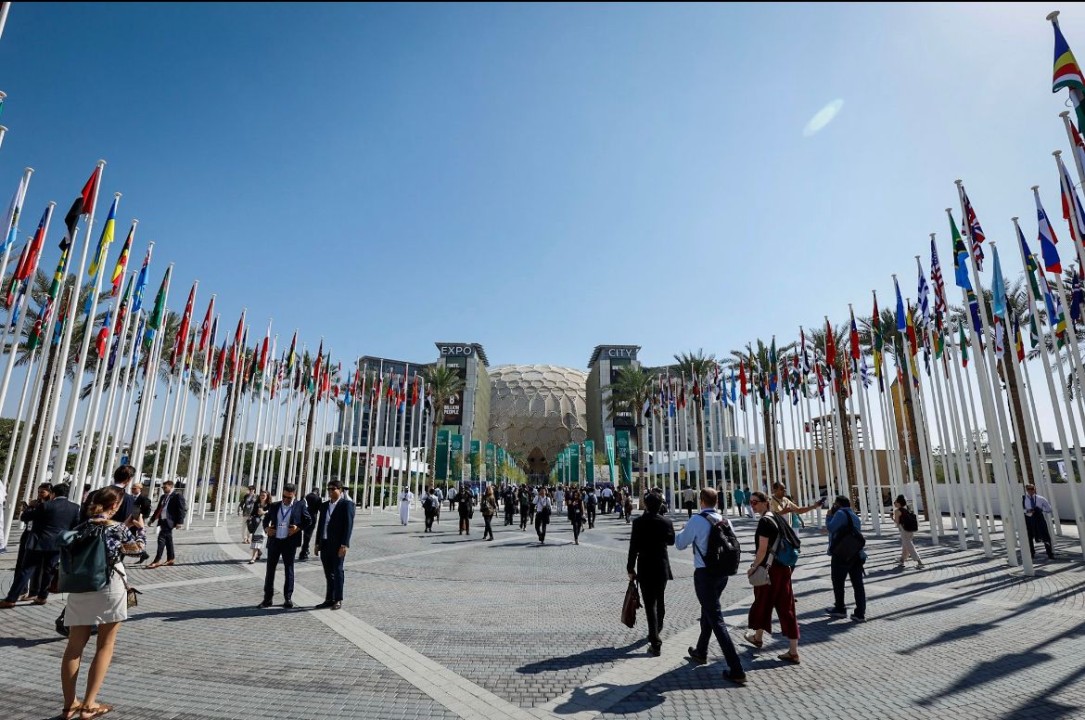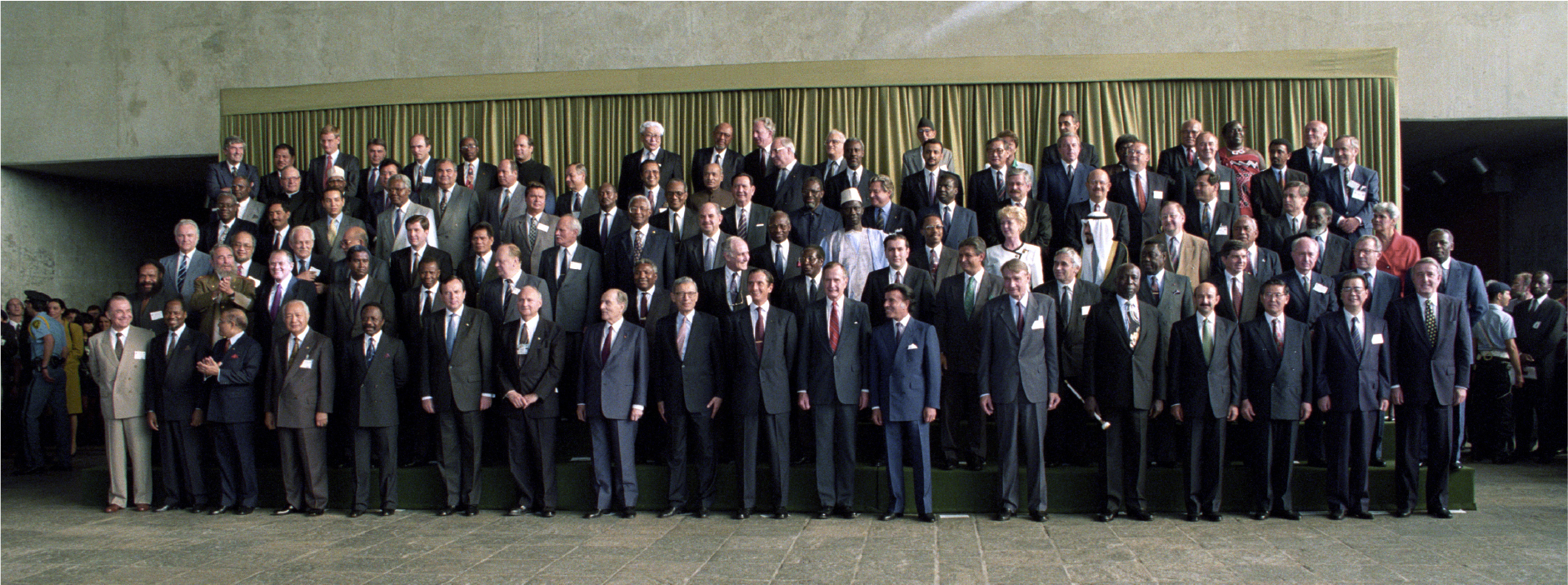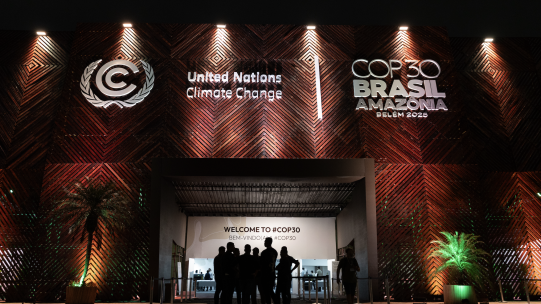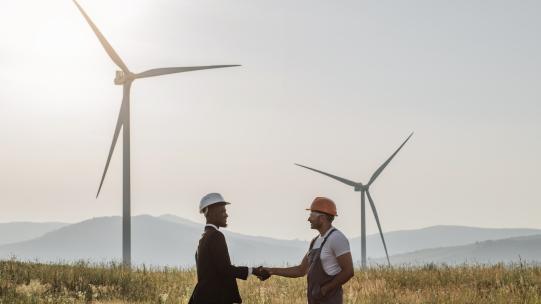What is a COP and what does it mean for business?
Read more

What is a COP and what does it mean for business

What is COP?
COPs, or Conference of the Parties, are the decision-making bodies of international conventions acting as binding agreements between countries. They are generally held on an annual or biennial basis and serve as the formal meeting for Parties to such treaties, composed mainly of national governments and regional economic integration organizations such as the European Union. The main purpose of each COP is to negotiate how to address certain issues and then assess progress on them.
The Rio Conventions
The Rio Conventions are three conventions that stem from agreements made during the 1992 Earth Summit in Rio de Janeiro. They focus on:
- Climate Change
- Biodiversity
- Desertification
While the UN Framework Convention on Climate Change (UNFCCC) COP often dominates in the media and popular discussion, the other two COPs, for the Convention on Biological Diversity (CBD) and for the UN Convention to Combat Desertification (UNCCD) are also critical to ensuring a safe, healthy and sustainable future for all. The other two are beginning to gain more traction as communities continue to see a rapid increase in ecosystem damages, biodiversity loss, droughts and land degradation.
What are the outcomes of COPs and who attends them?
The negotiations at COPs carry the potential to define measures and secure mandates to address some of the biggest environmental challenges of our time. They also serve as a way to track progress and hold countries accountable for their actions, or lack thereof.
While COP negotiations are led by Parties, they have evolved to include a broader range of stakeholders. Non-state actors—such as UN agencies, Intergovernmental Organizations (IGOs) and Non-Governmental Organizations (NGOs)—can participate as accredited Observers. While private sector entities cannot receive official observer status, they are often included in the delegations of an admitted observer organization or Government.

Group photo of world leaders meeting at the 'Earth Summit' in Rio de Janeiro, Brazil, 13 June 1992. UN Photo/Michos Tzovaras
COP16: Biodiversity (CBD) and Business
The CBD COP16 on Biodiversity will take place from 21 October to 1 November 2024 in Cali, Colombia. The last CBD COP in Montreal, Canada (2022) produced the landmark “Global Biodiversity Framework,” which aims to halt and reverse global biodiversity loss by 2030.
CBD COP16, with an official theme of “Peace and Nature,” will be the first Biodiversity COP since the adoption of the framework. CBD COP16 presents the first opportunity to collectively measure progress toward its targets, as well as review, consider and propose country-level strategies to advancing progress toward biodiversity protection and restoration.
As current progress towards the targets set by the Global Biodiversity Framework is severely lacking, CBD COP16 will be a critical convening to drive ambitious strategies, close the financing gap and increase collaboration and key partnerships. Three key topics for CBD COP16 include:
- Mobilizing of the financial resources
- Operationalizing the target monitoring framework to enable governments to report on progress
- Finalizing the multilateral mechanism on fair and equitable Access and Benefit Sharing (ABS) from the use of digital sequence information on genetic resources
Target 15 of the Global Biodiversity Framework, which tasks business with assessing, disclosing and reducing biodiversity-related risks and negative impacts will be the central focus for business at COP16. Through comprehensive nature strategies, engagement with Government and peer-to-peer collaboration, business can play a critical role in achieving a nature-positive future.
COP29: Climate Change and Business
The UN Climate Change Conference 2024 (COP 29) will take place from 11-22 November 2024 in Baku, Azerbaijan. Over the years, the UNFCCC COPs have focused on the overarching themes of Mitigation, Adaptation and Means of Implementation (finance, technology and capacity building). Since the adoption of the Paris Agreement, other issues have been central to the discussions, such as reporting and transparency, market-based mechanisms, loss and damage and just transition.
This year’s UNFCCC COP is informally referred to as the “finance COP” given the negotiations on a new collective quantified goal (NCQG) on climate finance from a floor of $100 billion per year (an original climate finance goal by 2020 agreed by the COP in 2009-2010). Other key issues under negotiation are:
- Finalizing an agreement on Article 6, which is focused on the development and use of carbon credit mechanisms and non-market mechanisms to reach climate targets
- Building momentum and increasing ambition on countries’ climate transition plans, formally referred to as Nationally Determined Contributions (NDCs), which are due to be revised and submitted by February 2025
- Ensuring the timely submissions of the first Biennial Transparency Reports (BTRs), which are due by 31 December 2024, to build confidence and trust across countries as they report on their progress
The UN Global Compact will be host to a Pavilion in the Blue Zone at UNFCCC COP 29. All business participants are welcome to join us for events hosted by the UN Global Compact, its Country Networks and other partners, meet experts and practitioners from around the world, network, and engage with business leaders.
COP16: Combating Desertification (UNCCD) and Business
UNCCD COP16 on Desertification
The Desertification COP takes place from 2-13 December 2024 in Riyadh, Saudi Arabia. COP16 will be the largest-ever meeting of UNCCD’s 197 Parties and the first to be held in the Middle East region and will focus on:
- Land restoration
- Drought resilience
- Land at the heart of the SDGs
- Women’s land rights
In advance of the UNFCCC COP30 in 2025, both biodiversity- and land-focused COPs are expected to significantly influence discussions and outcomes in Brazil next year.

Take Action
COPs provide businesses with a unique opportunity to collaborate with the public sector to accomplish mutually beneficial negotiations to protect the health of the climate. With access to resources and expertise, businesses can invest in climate solutions, engage in policy discussions and build partnerships with key environmental stakeholders—all at the three COPs.


